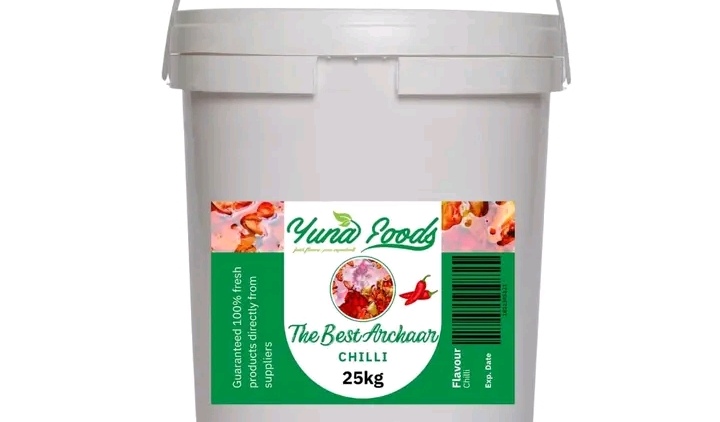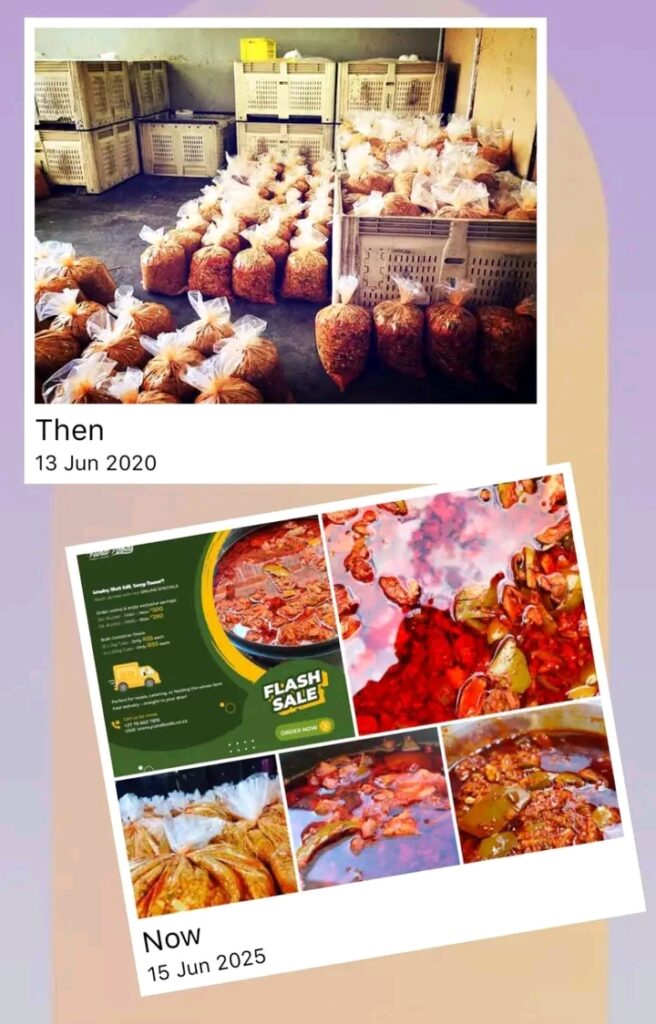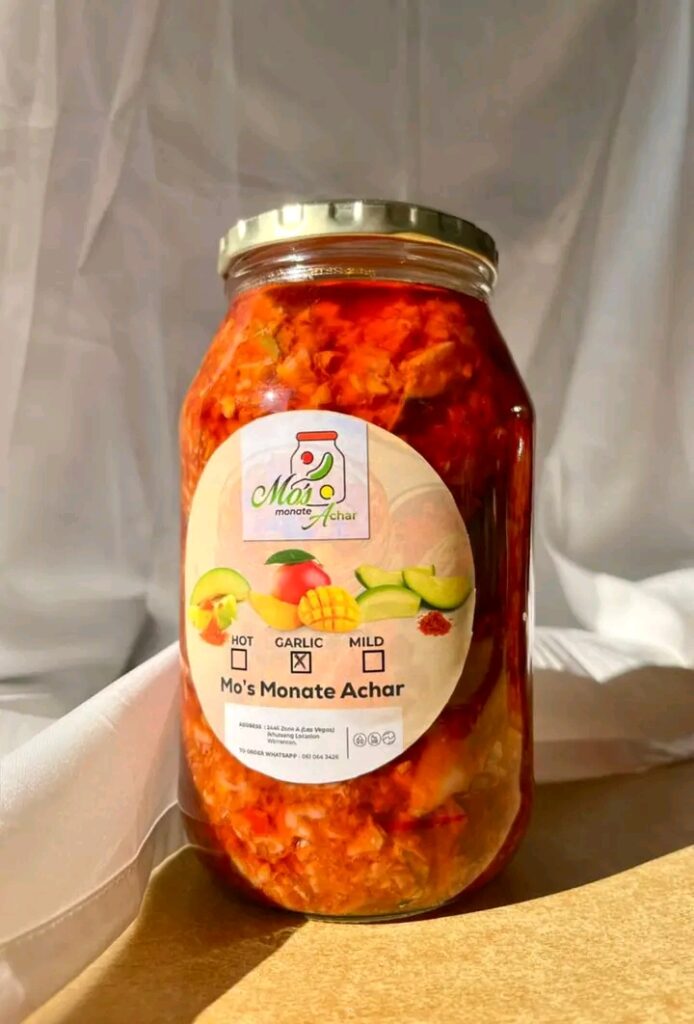How Clayton Mongwe Is Building Yuna Foods into a Modern South African Wholesale Platform

How Clayton Mongwe Is Building Yuna Foods into a Modern South African Wholesale Platform. Clayton Mongwe didn’t wait for the perfect conditions to build a business. He identified a demand for high-quality, everyday South African food products, like archaar and freshly baked scones and decided to build something practical, scalable, and rooted in familiarity.
Based in South Africa, Yuna Foods started with a simple but powerful idea: make household favourites available at scale and deliver them directly to consumers and businesses across the country. The approach was clear: take the wholesale food supply model and make it faster, more personal, and more accessible through a digital platform.
Today, Yuna Foods operates as a growing food wholesaler and e-commerce supplier, offering daily essentials in a way that feels refreshingly connected to community needs.

A Brand Built on Familiar Flavour
On any given day, Yuna Foods prepares and distributes up to 13 buckets of archaar, a staple in South African households. The business also produces freshly baked scones, among other local favourites. These aren’t just food items; they’re part of the cultural diet and identity. And Clayton has made sure the brand’s offering stays consistent with customer expectations, fresh, tasty, and fairly priced.
The company’s tagline, “Africa’s finest, delivered,” captures its mission: celebrate quality local food while building a robust delivery pipeline to reach customers beyond traditional grocery shelves.
Leveraging E-commerce for Local Food
What makes Yuna Foods stand out is its commitment to combining old-school wholesaling with new-school logistics. The brand has invested in digital visibility and customer interaction, primarily through its website and active social media updates.
Instead of relying on brick-and-mortar stores, Yuna Foods built a model that works through direct delivery. This not only reduces overheads but allows the brand to expand regionally without needing storefronts.
For many entrepreneurs, Clayton’s journey shows the value of meeting customers where they are, online and making the process of buying local food more convenient than ever before.

Strategic Strengths Behind the Growth
Yuna Foods’ growth rests on a few key strengths:
- Product Familiarity: Items like archaar and scones already have strong cultural relevance.
- Volume Consistency: The business has developed capacity to move large volumes, like 13 buckets of archaar per day, indicating well-managed production systems.
- Delivery-Driven Model: Customers benefit from direct-to-door service, making the buying process smoother and more efficient.
- Strong Founder Presence: Clayton Mongwe uses platforms like LinkedIn to share progress, engage with supporters, and offer behind-the-scenes glimpses into the brand’s evolution.
Lessons for Aspiring Entrepreneurs
Clayton’s journey offers a few important takeaways for anyone building a brand in South Africa’s food space:
- Start with what people already love. You don’t always need a new product; you just need to deliver it better.
- Think in volumes. From the beginning, Yuna Foods aimed to scale, preparing daily quantities that demonstrate real traction.
- Go digital early. Whether through an e-commerce site or consistent online updates, the business stays top of mind.
- Document your growth. Clayton’s posts about the business on LinkedIn and Facebook give the brand a transparent, relatable feel.

Where the Brand Stands Now
As of mid-2025, Yuna Foods is steadily growing its customer base, offering fresh goods through its online platform, and delivering across the country. It remains a bootstrapped business built by someone with a clear understanding of market demand and how to reach customers directly.
The business is still evolving, but it already serves as a blueprint for local entrepreneurs who want to marry traditional products with modern operations. Yuna Foods is not trying to be flashy, it’s trying to be dependable. And that’s what customers keep coming back for.


